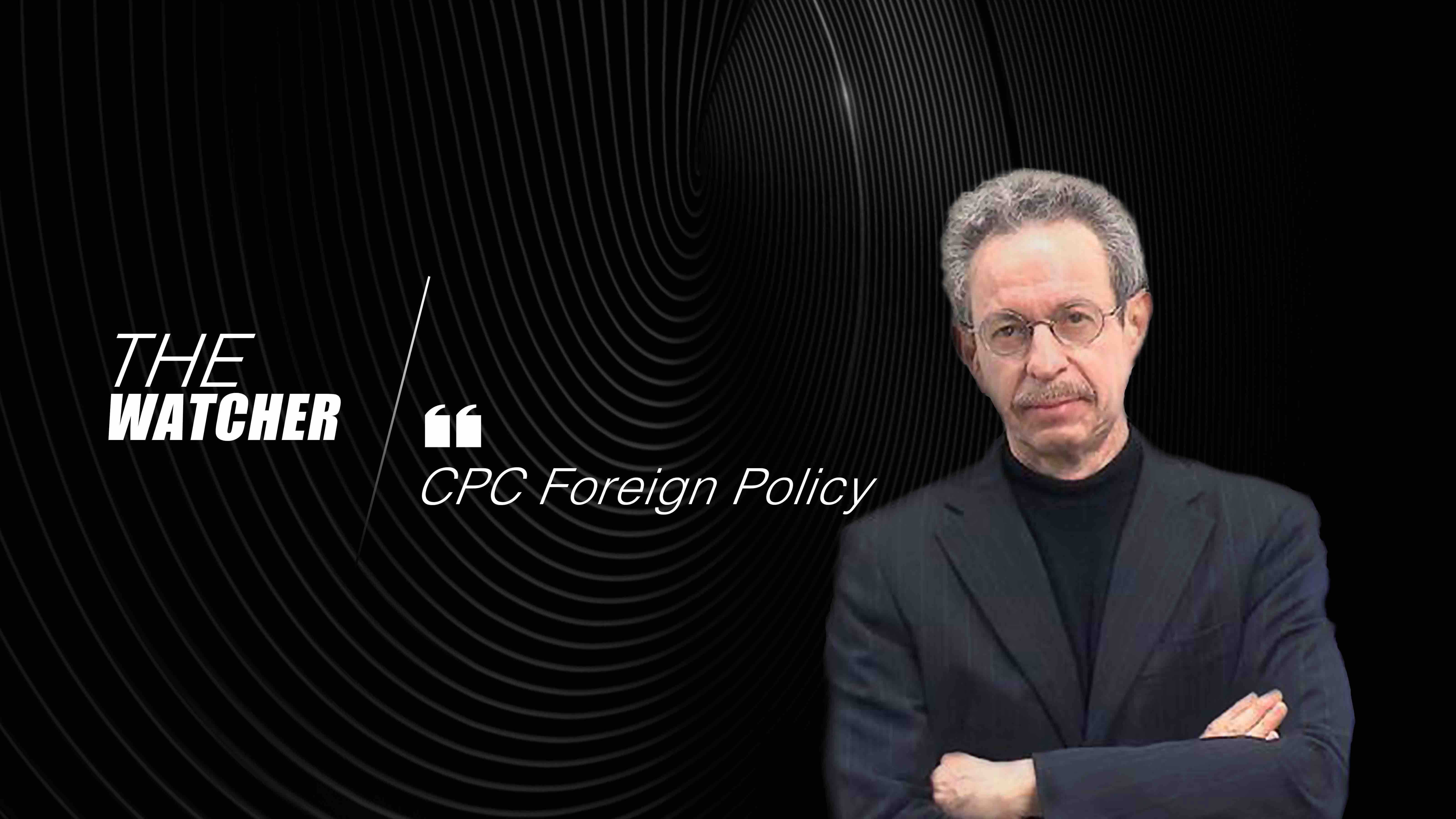
China
11:23, 21-Oct-2017
The Watcher: CPC Foreign Policy
Robert L. Kuhn

I’m Robert Lawrence Kuhn and here’s what I’m watching…
The Party’s foreign policy under the leadership of General Secretary Xi Jinping, inflecting from largely reactive to affirmatively proactive. China is starting to set the agenda in international affairs.
General Secretary Xi has put forth a grand vision of global governance – stressing the necessity of stability and the goal of mutual prosperity – with China playing a dramatic new role in seeking global win-win cooperation.
But why now? Why is China now enlarging its diplomatic mission from narrowly protecting China’s interests to broadly engaging the world, from big powers to developing countries? What are the basic principles of Xi’s grand vision? The key components? The practical innovations? Why such breaks with the past? Moreover, how does China’s new foreign policy relate to China’s domestic development and to world conditions? But it also must be asked: Is China prepared to engage the world? Assume the responsibilities and bear the burdens? What are the implications, for China and for the world? Do some in the world worry?
General Secretary Xi Jinping’s grand vision of China’s foreign policy consists of eight big concepts: Community of Common Destiny or Shared Future; Win-Win Cooperation; Economic Globalization; New Kind of Global Governance; New Kind of Big Power Relationship; Expanding Cooperation while Managing Differences; Multilateralism and Democratization of International Relations; and People-to-People Exchanges.
General Secretary Xi’s Belt and Road Initiative, constructing much-needed infrastructure in developing countries, exemplifies several. China is a strong supporter of international organizations, beginning with the United Nations, and including the G20, APEC, BRICS, and the Shanghai Cooperation Organization.
China’s primary foreign policy objective is to protect its three sacrosanct “core interests” — its political system, its economic development, and its national sovereignty (territorial integrity).
Moreover, China recognizes that to be a major power, with its political influence approaching its economic strength, as well as to protect its core interests, the country’s diplomacy must be pro-active. General Secretary Xi also recognizes China’s global responsibilities in seeking world peace and prosperity. He stresses international stability, fighting terrorism, creating conditions for settling regional conflicts, and a common, comprehensive, cooperative and sustainable security strategy.
All good. The big question, however, remains open – and often unasked: What, at mid-century, will be China’s role in the world? If I said the world is entirely confident or comfortable with China’s trajectory, I’d be telling a falsehood. Toward what ultimate goal will China’s new diplomacy drive?
I’m Keeping Watch. I’m Robert Lawrence Kuhn.

SITEMAP
Copyright © 2018 CGTN. Beijing ICP prepared NO.16065310-3
Copyright © 2018 CGTN. Beijing ICP prepared NO.16065310-3